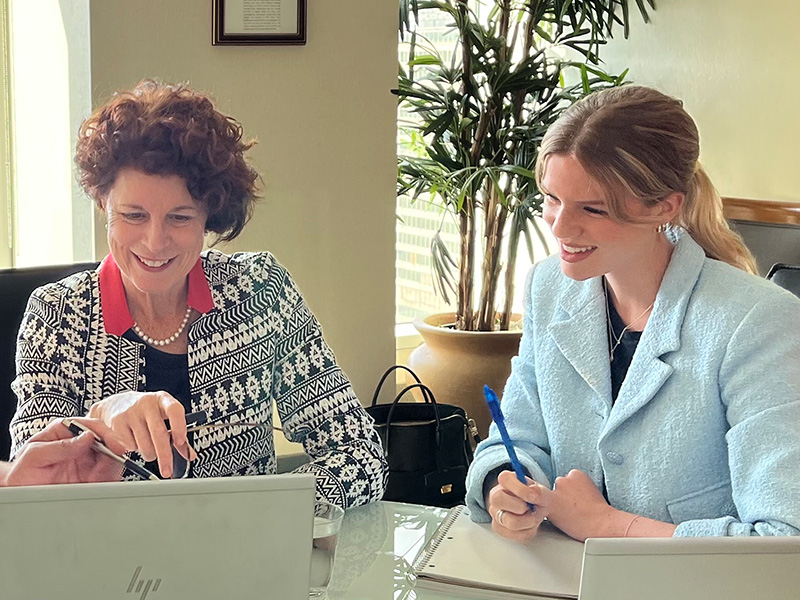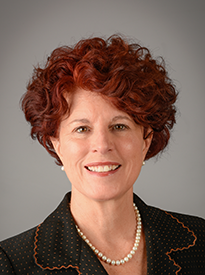
Young people are often said to be the target market for ETFs, and many of them will have questions about this investing vehicle. For example, Meghan McCarthy, a third-year finance student at Bishop’s University, interned for me in Summer 2022. She had so many great questions about ETFs that we made our conversation a two-part series. (Here’s Part 1.)
Q: How do you determine which type of ETFs to invest in?
A: When choosing an ETF, you need to start with a basic conviction or portfolio strategy that outlines which markets and asset classes you want exposure to.
When I build a portfolio, I use a top-down methodology. In a 100% equity portfolio, I determine the countries I want exposure to and their weighting. If I have a particular conviction in a sector, I will add it to my portfolio and hold it as long as it outperforms the broad index. Sector and thematic ETFs (e.g., focused on banking, technology, ESG and cryptocurrency) can be used for sector and theme exposure.
Most of the ETFs I choose are passive and use a market-capitalization weighting, but indexes can be built using a variety of methodologies that lead to different performance over time.
Q: Are ETFs better for long-term investors or can short-term investors use them as well?
ETFs can be used for both short- and long-term investment strategies. For the long-term investor, a traditional market-cap ETF ensures you are getting the return of the underlying index over time which, as I have said, is hard to beat for most active money managers.
Short-term investors can use ETFs for broad market exposure and good diversification, which reduces risk. ETFs can certainly work for short-term trading, and many investors (including institutional investors) find ETFs very efficient for capturing short-term movements in the market. However, if your investment horizon is not very long and the market goes down, your ETF will also go down.
I do not recommend market timing with any type of investment product, including ETFs.
Q: Is it possible to “beat the market” while investing in ETFs?
Cryptocurrency, cannabis and option-based ETFs are just some of the many ETFs that fall into the high-risk category. These products are not built to reproduce the return of a mainstream index, so it is possible that they could “beat” one of those indexes over time — but potentially with greater volatility. Only time will tell whether a risky ETF is a better investment for a given client than simply investing in the broad market.
Q: I believe that using an investment advisor is important, especially when first starting out. But why would someone use an advisor to build an ETF portfolio if it is already a managed fund?
A good financial advisor will do much more than build you a portfolio: they will help you define your goals, choose appropriate investments and monitor progress toward your financial objectives over time. Some also offer cash-flow, insurance, debt, tax and/or estate planning. All of this support can help you to avoid costly mistakes.
New investors can face barriers to accessing financial advice: investment advisors charge fees and many have a minimum account size. However, gaining access to good advice (possibly through your parents’ advisor) is definitely worthwhile.
Q: How should young investors set up an ETF portfolio considering that they do not have large amounts to invest? Do you recommend building a portfolio using both ETFs and individual stocks, or solely ETFs?
A: When you are just beginning to invest, keep things simple and make sure you understand everything you own. I suggest beginning with a diversified, broad-based ETF strategy. This could involve an ETF that wraps up several ETFs to offer a one-stop portfolio solution, also known as an asset-allocation ETF.
Regardless of what you choose, you should keep adding money to your investment strategy on a regular basis, especially if the markets are going down. Investing regularly from a young age creates a huge advantage thanks to the power of compounding.
